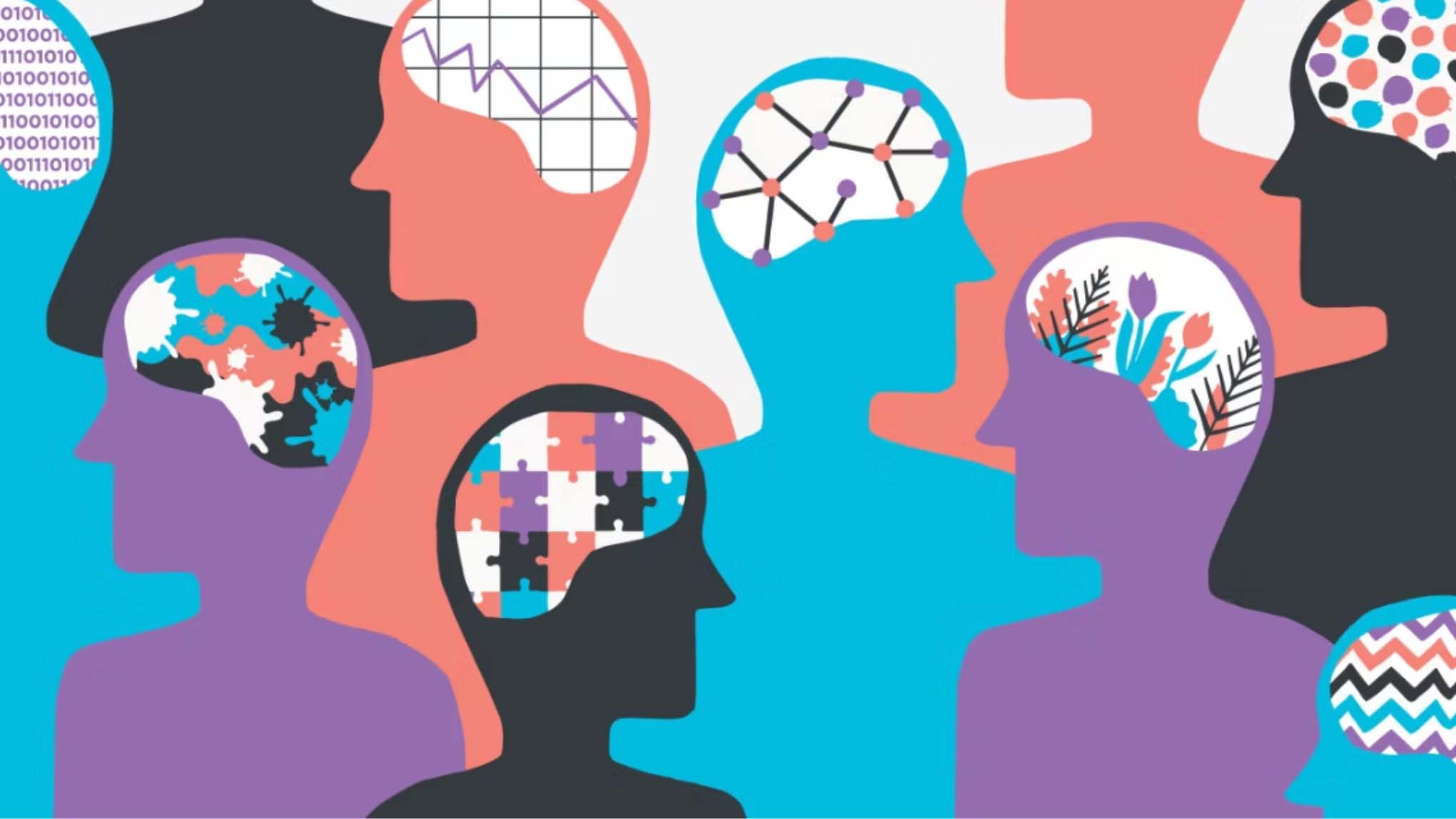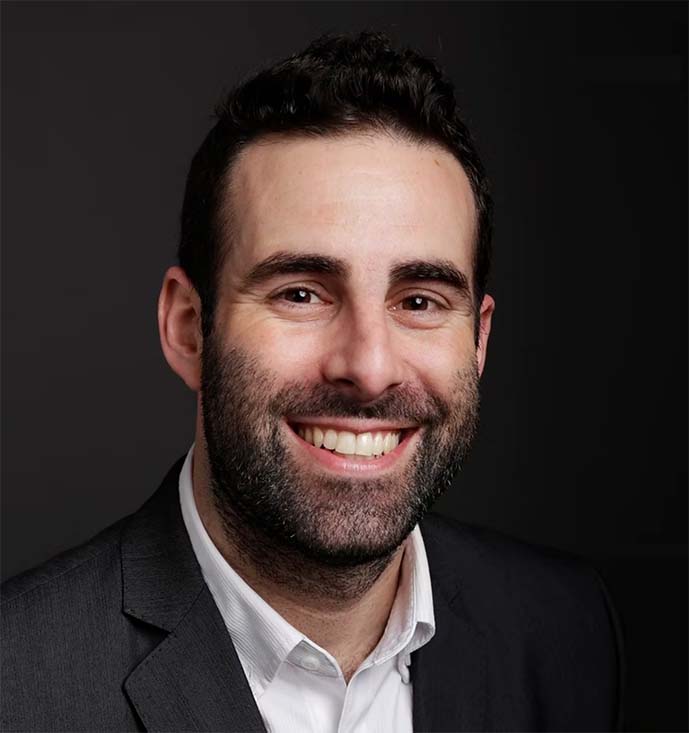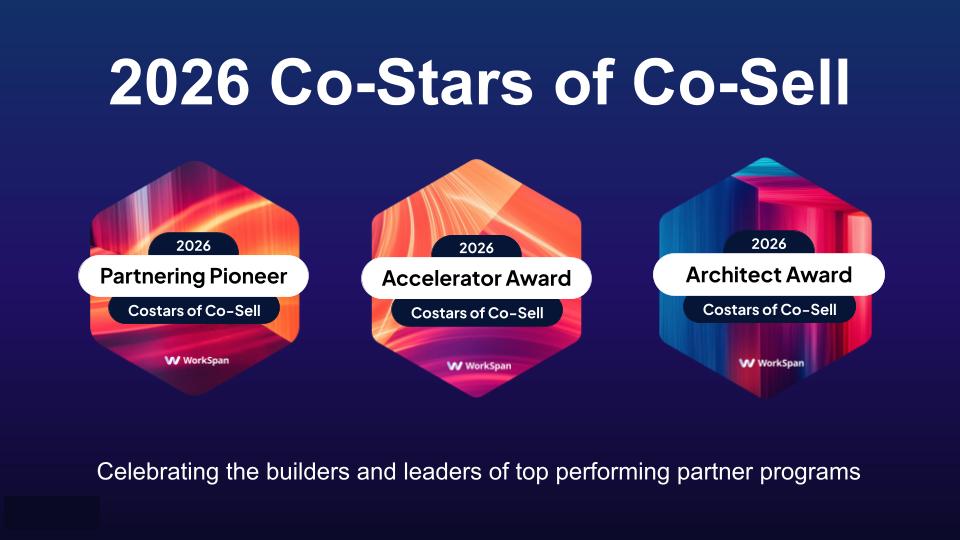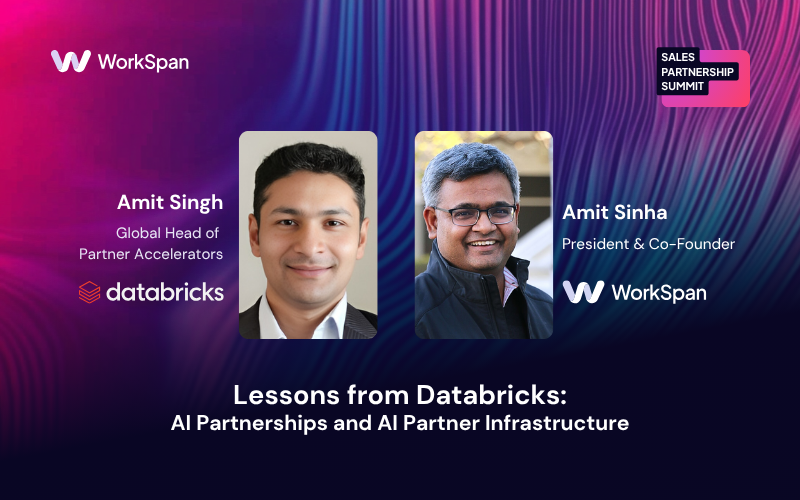
People on the autism spectrum have unique skills and creativity which turns them into potential great hires for technology companies.
A deeper look into autism with a neurodiverse lens can bring light to identifying their key strengths as potential employees thanks to their attention to details and their ability to recognize patterns, which often leads to potentially being a great resource in the technology world. Learn how many channel partners such as Deloitte, Accenture, EY, and DXC Technology have evolved towards becoming more diverse workplaces.
Why Channel Partners Should Consider Hiring in the “Autism” Spectrum
We should not see hiring individuals on the spectrum as an act of “charity” but more about connecting people to jobs in which they can have a good fit. People on the spectrum offer unique skills which contribute not only towards workplace diversity but are also a match with many industry-specific recruitment necessities.
In a famous Wired magazine article written back in 2001, journalist Steve Silberman published “The Geek Syndrome”. In this article, he analyzed what he perceived as a surge in diagnoses of autism in Silicon Valley and suggested the idea that computer programming was kind of a friendly work environment for high functioning people on the autism spectrum. Given the increased demand for talent, particularly in IT, many high-performing individuals on the spectrum have an opportunity to showcase their skills. There are numerous examples of adults working today in software development, testing and coding.
Back to our age, researcher Samantha Alba recently published that autistic people have many strengths that can benefit the technology industry given their “interest in STEM-related fields (science, technology, engineering, and mathematics), combined with their natural cognitive and character strengths, which creates a recipe for innovative and dedicated advanced technicians. Based on her research, “autism strengths may include, but are not limited to, pattern recognition, logical and systematic problem-solving, attention to detail, sustained focus, innovation and creativity, offering a unique perspective of honesty, loyalty, and dedication”.
Channel Partners and Neurodiverse Hiring – Inspiration for the IT Channel Ecosystem
Hiring efforts by companies who can recruit neurodiverse individuals are critical for a paradigm shift. Following you can find a few great initiatives across the globe.
- Deloitte’s UK office has developed useful Neurodiversity Learning Guides for Recruiters.
- In the US, Deloitte partnered with Specialisterne (a widely known organization focused on employment for autistic people), to launch “Neurodiversity@Deloitte” a program which consists of an opportunity for full-time employment upon successful completion of a three-month apprenticeship experience period.
- Accenture has been also focused on giving a voice to their employees on the spectrum, here you can read their perspectives first-hand.
- DXC Technology has created the “Dandelion Program”, focused on talent and skills of neurodiverse people — such as those with Autism, ADHD or Dyslexia — and helps them build valuable skills to pursue a career in information technology.
- For many years, IBM has also partnered with Specialisterne to deploy IGNITE Autism Spectrum Disorder (ASD), a program that helps transform spectrum talent by employing them locally to bring differentiated value.
- Dell has a Neurodiversity Hiring Program which was launched with the intent to provide career readiness training and possible full-time career opportunities for neurodivergent job seekers.
- Ernst & Young has also focused on flexible hiring, onboarding, and work styles to attract outstanding talent from people on the autism spectrum including the creation of “Neuro-Diverse Centers of Excellence” (NCoE) including one in Canada.
- HP developed the Spectrum Success Program to leverage talent of individuals on the autism spectrum studying Computer Science, Information Technology, Supply Chain, Finance, or related studies.
What Does Autism Mean?
Autism is defined as a complex developmental condition which can impact a person’s social skills and communication. Based on a CDC study, it may affect about 1 in 44 children following 2018 research in the US. It is defined by a certain set of behaviors which may include restricted or special interests. It is also often referred to as a “spectrum condition” since it impacts people differently. The “spectrum” term invites us to think and connect with the notion of human diversity, since autism after all is just a different way of being and living in the world.
As there is an increased focus on diversity, equity, and inclusion (DE&I) these days, it is important to consider this idea should exceed the common conception of just skin color, age, ethnicity, physical disability, or sexual orientation. A true diverse world and workplace should also include the notion of neurodiversity. It means we should also encompass a big range or different ways to process information, learn and communicate which include autism as well as dyslexia or Tourette syndrome, amongst others.
From Disabilities to Strengths – A New Mindset Embracing Neurodiversity
For long time, the “autism spectrum” has been considered a “disability”, but this has changed in the past decade. As we evolve our thinking, science has realized that humans are not neurologically all the same way and recognizes that “one size does not fit all”. If we acknowledge that each person is unique, this means that neurological differences -including autism- are more of a variation of the human genome. By using the concept of neurodiversity, what was once a disorder, turns into just a unique way in which certain humans see and experience the world.
“If we are to achieve a richer culture, rich in contrasting values, we must recognize the whole gamut of human potentialities, and so weave a less arbitrary social fabric, one in which each diverse human gift will find a fitting place”.
Margaret Mead
Following a study by Deloitte, recognizing neurodiversity allows to consider “abilities such as visual thinking, attention to detail, pattern recognition, visual memory, and creative thinking” which move away from the concept of simply talking about “diversity”, towards a discussion about strengths and unique capabilities.
- How Kelsey’s perspective as an #ActuallyAutistic person is driving change for Oracle
People on the “autism spectrum” have potential to drive innovations that can change the world. While not all are Elon Musk (whom last year admitted being on the spectrum himself on Saturday Night Live), certainly people on the spectrum have qualities from which we have a lot to learn.
Globally recognized author Simon Baron-Cohen, who is the Director of the Autism Research Centre in Cambridge University, has taken this theory a bit further. In his recent book “The Pattern Seekers: How Autism Drives Human Invention”, he states that “when the hyper-systemizing qualities of autism are supported and nurtured, the unique skills and talents of autistic individuals can shine — to their benefit and to the benefit of society.” According to Baron-Cohen, most of human innovation stems from what he calls a ‘systemizing mechanism’, an ability to identify and manipulate patterns which is very strong in innovators of all fields and usually overlaps with some of the characteristics of autistic people.
Take Action! Help Overcome Unemployment on the Autism Spectrum
According to a 2015 report, by researcher Anne Roux from Drexel University, each year about 100,000 autistic children in the US turn 18, but only 58% of them will have a paid job before they turn 25, compared to almost 99% of all high-school graduates. Other sources, such as the organization Autism Speaks shared they estimate that 50 to 75% of the roughly 5.6 million autistic adults in the U.S. are underemployed or unemployed.
- Read about how you can make your interview process autism-friendly with tips by an Oracle expert.
- Reach out to Disability:IN and leverage their Neurodiversity Career Connector (to connect neurodivergent candidates with employers) and Employer Information (to learn about starting a Neurodiversity focused hiring program).
While it’s important to remark that not all autistic individuals are geniuses, it must be noted that provided there is an appropriate environment and inclusive perspective, some of their strengths can actually become a benefit for employers.
Let’s all take one step towards becoming better human beings at the time we can help businesses grow by hiring neurodiverse talent!
NOTE: I am not an expert on the autism spectrum subject but have done my best to capture accurate and inspiring content for this article. Look forward to my readers feedback and opinions to learn and collaborate as we spread the word out on this important topic.
----------
Article originally posted on LinkedIn
Heading
Heading 1
Heading 2
Heading 3
Heading 4
Heading 5
Heading 6
Lorem ipsum dolor sit amet, consectetur adipiscing elit, sed do eiusmod tempor incididunt ut labore et dolore magna aliqua. Ut enim ad minim veniam, quis nostrud exercitation ullamco laboris nisi ut aliquip ex ea commodo consequat. Duis aute irure dolor in reprehenderit in voluptate velit esse cillum dolore eu fugiat nulla pariatur.
Block quote
Ordered list
- Item 1
- Item 2
- Item 3
Unordered list
- Item A
- Item B
- Item C
Bold text
Emphasis
Superscript
Subscript



.png)

